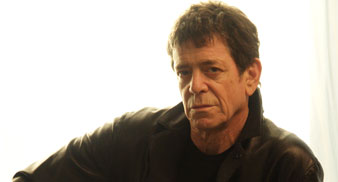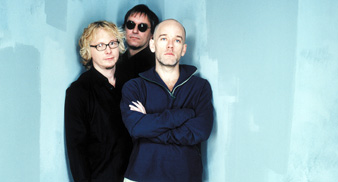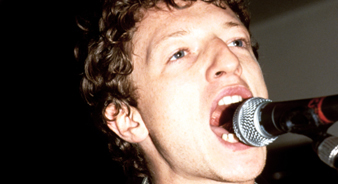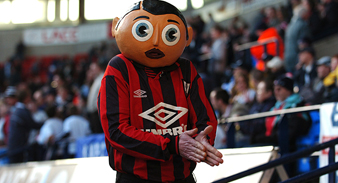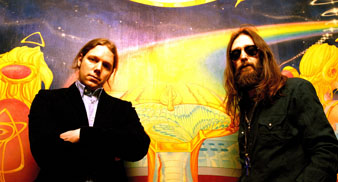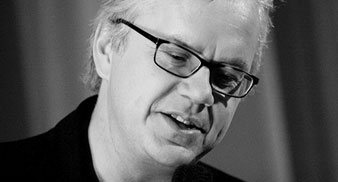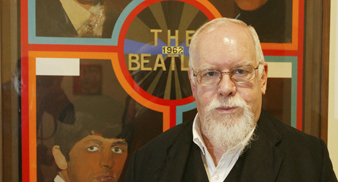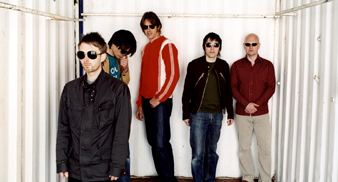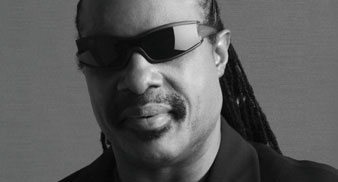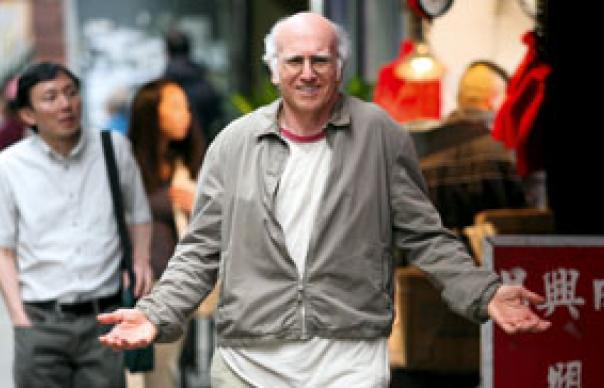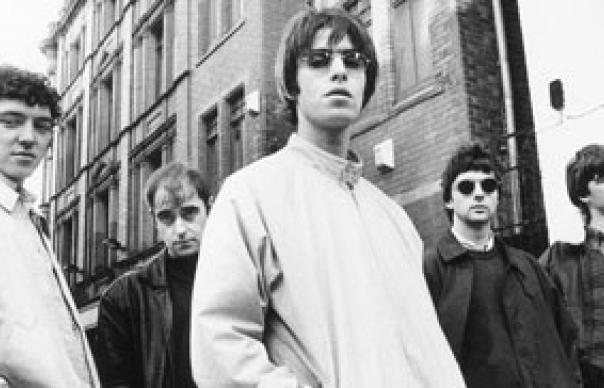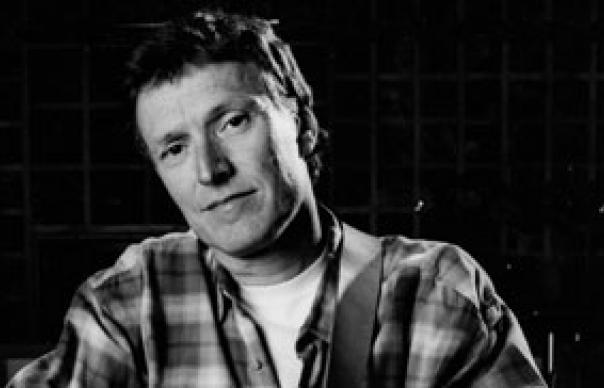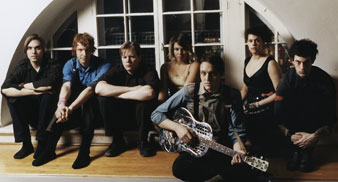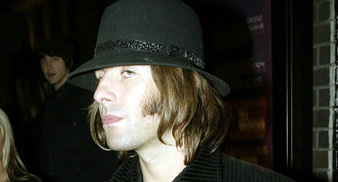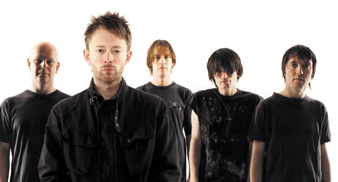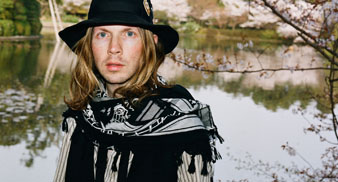Gorillaz will be joined live by Lou Reed at Glastonbury, Damon Albarn has revealed. The band headline the event’s Pyramid Stage tomorrow night (June 25), and along with some of the [url=http://www.nme.com/news/gorillaz/50898]guests who joined them at the London Roundhouse in April including Mos Def[/url], the former Velvet Underground man is set to join them for the first time. "Lou Reed’s arriving and, fingers crossed, coming straight to rehearsal. And then we watch the game,” Albarn told [url=http://news.bbc.co.uk/1/hi/entertainment_and_arts/10387611.stm]Radio 4’s Front Row[/url] yesterday (June 23). “This morning I woke up and the first thing I felt a wave of anxiety about – is an audience that size going to respond to our songs? I don't know.” Reed has not performed with the band before, but lends his vocals to ’Plastic Beach’ track ’Some Kind Of Nature’. The Fall’s Mark E Smith is also expected to perform live with the band for the first time on ’Glitter Freeze’, while Snoop Dogg is playing his own set ahead of Gorillaz at Glastonbury and should be on hand to give ’Welcome To The World Of The Plastic Beach’ its live debut. "We've got about 50 or 60 people at one point onstage," said Albarn of the set he was invited to put together after U2 were forced to drop out due to Bono sustaining a back injury in rehearsals. Latest music and film news on Uncut.co.uk. Uncut have teamed up with Sonic Editions to curate a number of limited-edition framed iconic rock photographs, featuring the likes of Pink Floyd, Bob Dylan and The Clash. View the full collection here.
Gorillaz will be joined live by Lou Reed at Glastonbury, Damon Albarn has revealed.
The band headline the event’s Pyramid Stage tomorrow night (June 25), and along with some of the [url=http://www.nme.com/news/gorillaz/50898]guests who joined them at the London Roundhouse in April including Mos Def[/url], the former Velvet Underground man is set to join them for the first time.
“Lou Reed’s arriving and, fingers crossed, coming straight to rehearsal. And then we watch the game,” Albarn told [url=http://news.bbc.co.uk/1/hi/entertainment_and_arts/10387611.stm]Radio 4’s Front Row[/url] yesterday (June 23). “This morning I woke up and the first thing I felt a wave of anxiety about – is an audience that size going to respond to our songs? I don’t know.”
Reed has not performed with the band before, but lends his vocals to ’Plastic Beach’ track ’Some Kind Of Nature’.
The Fall’s Mark E Smith is also expected to perform live with the band for the first time on ’Glitter Freeze’, while Snoop Dogg is playing his own set ahead of Gorillaz at Glastonbury and should be on hand to give ’Welcome To The World Of The Plastic Beach’ its live debut.
“We’ve got about 50 or 60 people at one point onstage,” said Albarn of the set he was invited to put together after U2 were forced to drop out due to Bono sustaining a back injury in rehearsals.
Latest music and film news on Uncut.co.uk.
Uncut have teamed up with Sonic Editions to curate a number of limited-edition framed iconic rock photographs, featuring the likes of Pink Floyd, Bob Dylan and The Clash. View the full collection here.


